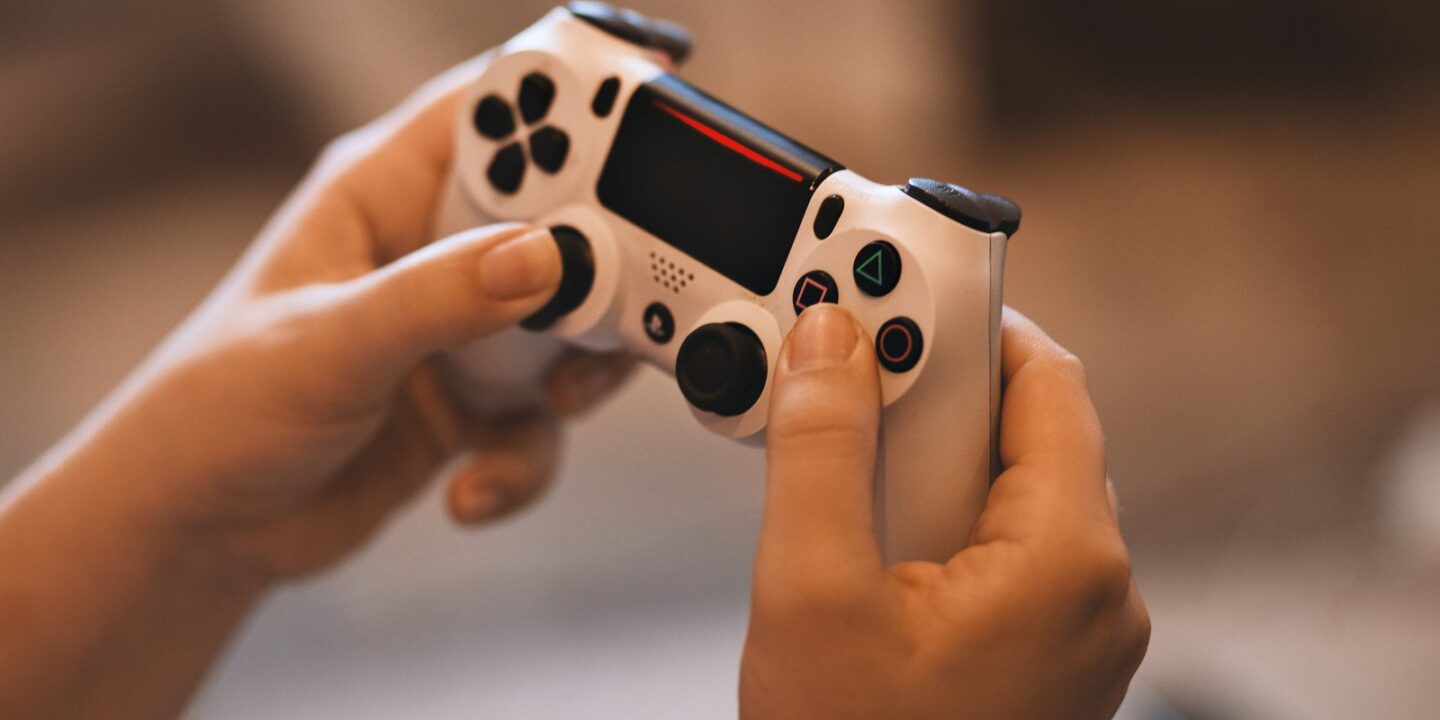

Are you a gaming enthusiast looking for more reasons to indulge in your favorite pastime? Or maybe you’re curious about how gaming can actually benefit your cognitive function and mental well-being? Look no further! In this blog post, we will delve into the fascinating world of gaming and explore how it can improve your brainpower and overall mental health. Get ready to level up in more ways than one as we uncover the hidden gems of gaming beyond just entertainment!
When it comes to cognitive function, gaming has been shown to offer a myriad of benefits. Engaging in strategic and problem-solving games can help sharpen your critical thinking skills as you navigate through complex challenges. These games require quick decision-making and the ability to adapt to ever-changing scenarios, helping improve your mental agility.
Furthermore, gaming can enhance your memory retention by requiring you to remember rules, strategies, and patterns throughout gameplay. As you immerse yourself in the virtual world, your concentration and focus are put to the test, training your brain to maintain attention for extended periods of time. Additionally, multiplayer games foster social interaction and communication skills as you collaborate with teammates or engage in friendly competition with opponents.
Incorporating gaming into your routine can provide a fun yet effective way to boost various aspects of cognitive function while enjoying an entertaining pastime.
Engaging in gaming can have a profound impact on mental health. It provides an escape from daily stressors and challenges, allowing individuals to immerse themselves in a different world for a while. This temporary distraction can help reduce feelings of anxiety and depression.
Moreover, gaming often involves problem-solving, strategic thinking, and quick decision-making. These cognitive tasks stimulate the brain and can improve focus, concentration, and memory. As players navigate through complex scenarios, they exercise their brains in ways that promote mental agility.
Additionally, multiplayer games offer social interaction opportunities that may be lacking in real life for some individuals. Connecting with others online can foster a sense of belonging and community, combating feelings of isolation or loneliness.
The interactive nature of gaming can provide both entertainment and therapeutic benefits for mental well-being. However, it’s essential to maintain a balance and be mindful of excessive screen time to avoid potential negative effects on mental health.
Incorporating gaming into therapy and rehabilitation has shown promising results in engaging patients and promoting cognitive skills. By utilizing interactive games, therapists can create a fun and motivating environment for individuals undergoing rehabilitation.
Games can help improve hand-eye coordination, problem-solving abilities, and memory retention through stimulating challenges and tasks. Additionally, the immersive nature of gaming can enhance focus and concentration levels while providing a sense of accomplishment upon completing objectives.
Therapists have the flexibility to tailor game-based activities to target specific areas of improvement based on each patient’s needs. Whether it’s physical therapy exercises or cognitive skill development, gaming offers a dynamic approach to traditional rehabilitation methods.
Moreover, incorporating gaming into therapy sessions can boost morale and motivation as patients feel actively involved in their recovery process. The interactive element of gaming encourages active participation rather than passively following instructions.
Integrating gaming into therapy and rehabilitation programs opens up innovative opportunities to enhance treatment outcomes while making the journey towards recovery more enjoyable for individuals seeking assistance.
It’s important to acknowledge that while gaming can offer numerous benefits for cognitive function and mental health, there are potential risks associated with excessive gameplay.
Individuals who spend an excessive amount of time gaming may experience negative effects such as decreased social interactions, poor physical health due to a sedentary lifestyle, disrupted sleep patterns, and increased levels of stress or anxiety.
To mitigate these risks, it is crucial to establish healthy gaming habits. Setting limits on screen time, taking regular breaks during gameplay, prioritizing physical activity and social engagements outside of gaming sessions can help maintain a balanced lifestyle.
Additionally, seeking professional help from therapists or counselors if gaming starts to interfere with daily responsibilities or relationships is essential. By being mindful of the potential risks and taking proactive measures to address them, individuals can enjoy the positive aspects of gaming while safeguarding their overall well-being.